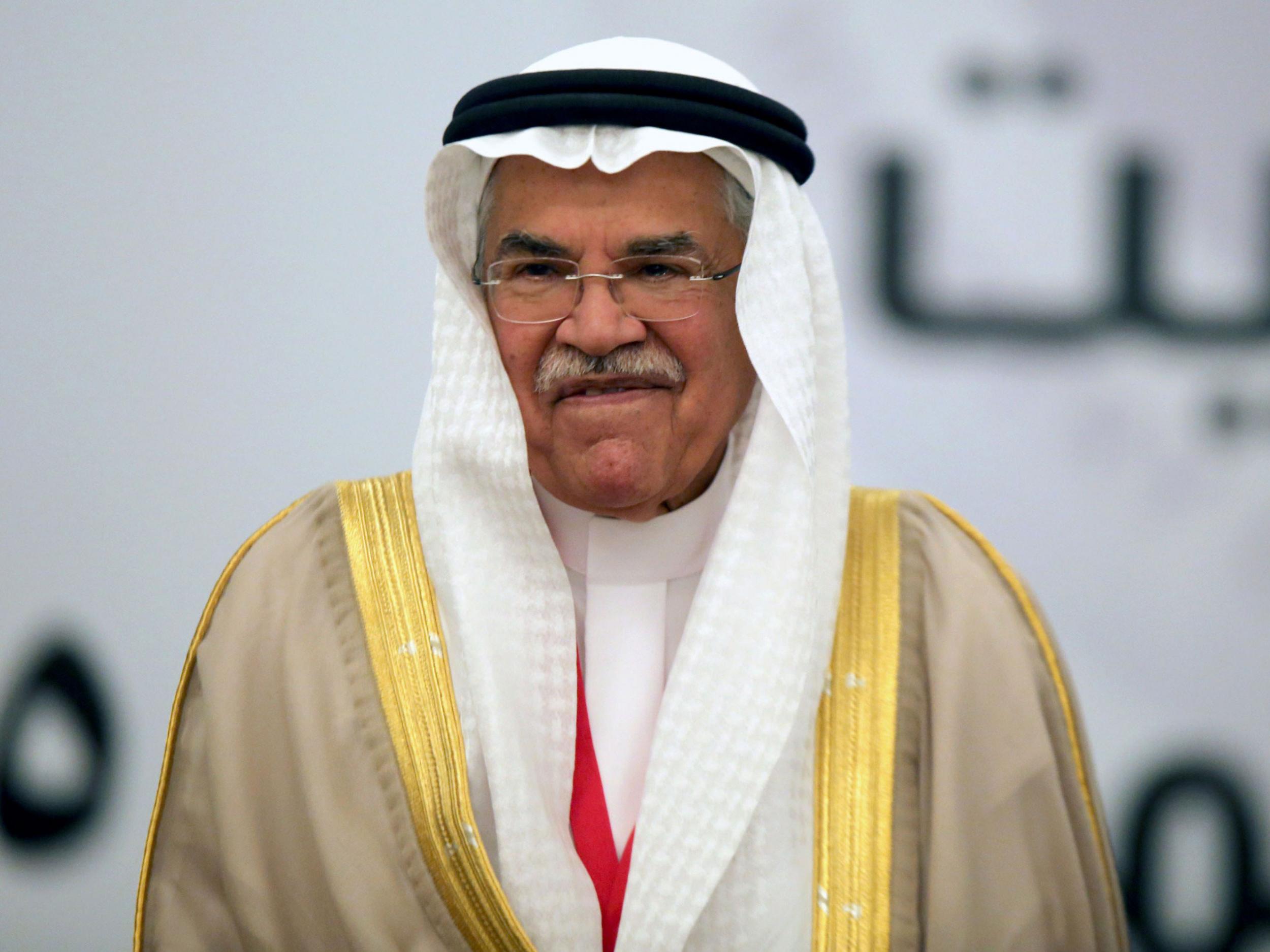Saudi Arabia accused of 'blocking' climate change deal at Paris summit
'Arab countries are standing silent and letting Saudi Arabia talk on their behalf'

Your support helps us to tell the story
From reproductive rights to climate change to Big Tech, The Independent is on the ground when the story is developing. Whether it's investigating the financials of Elon Musk's pro-Trump PAC or producing our latest documentary, 'The A Word', which shines a light on the American women fighting for reproductive rights, we know how important it is to parse out the facts from the messaging.
At such a critical moment in US history, we need reporters on the ground. Your donation allows us to keep sending journalists to speak to both sides of the story.
The Independent is trusted by Americans across the entire political spectrum. And unlike many other quality news outlets, we choose not to lock Americans out of our reporting and analysis with paywalls. We believe quality journalism should be available to everyone, paid for by those who can afford it.
Your support makes all the difference.Saudi Arabia has been accused of "blocking climate change talks" at the Paris summit in order to protect its place as one of the largest global oil producers.
During negotiations at the United Nations climate conference complaints surfaced the Kingdom was preventing an agreement from being reached by objecting to lower global temperature goals, climate change funds and periodic reviews of climate change plans.
The director of Climate Action Network, Warl Hmaidan, told The Guardian: “The world is changing and it’s making them nervous.
“Anything that would increase ambition or fast forward this energy transition that is already taking place is something that they try to block.”
Earlier this year, Saudi oil minister Ali Al-Naimi, admitted fossil fuels could become obsolete in the future and the country was investing in renewable energy.
Mr Al-Naimi said: “In Saudi Arabia, we recognize that eventually we are not going to need fossil fuels, I don't know when, in 2040, 2050... so we have embarked on a program to develop solar energy," Reuters reports.
Before the summit Saudi Arabia also released a plan to tackle climate change, pledging a “significant deviation” in emissions.
Despite this, Saudi Arabia opposed demands, now endorsed by more than 100 countries, to discard the long-standing goal of limiting global warming to 2C and replace it with the far more ambitious target of 1.5C.
Sven Hameling from humanitarian aid company CARE International said: “The review on temperature target, which resulted in strong arguments for a 1.5 degree limit as a safer way to protect all communities, ended up getting blocked from being sent to ministers, primarily by the Arab Group with Saudi Arabia leading.”
The sovereign state also objected to periodic climate change plan reviews, saying they would find the demand too difficult to meet as a developing country, The Guardian reports.
Saudi Arabia reportedly said: “We developing countries don’t have the capacity to do this every five years. We are too poor, we have to many other priorities.”
It has also resisted efforts to develop the Green Climate Fund, which aims to help poorer countries cope with global warming, and has asked to be be protected from loss of future oil income on the basis that some developing countries may receive compensation for damages caused by climate change.
Safa' al Jayoussi, head of climate campaign at IndyACT, said: “Right now, in the Arab Group, there is no peer pressure, there are no champions, so Saudi Arabia has been allowed to act as a blocker for much of the climate talks.
“Arab countries are standing silent and letting Saudi Arabia talk on their behalf. Morocco and Egypt have strong climate action plans and Jordan has the largest wind farm in the region, but due to their silence, their climate action and their reputations are being undermined."
Saudi Arabia has refused to cut production of oil, despite a global gut and prices falling to their lowest level since 2009, in June the country produced more than 10.5 million barrels per day.
Join our commenting forum
Join thought-provoking conversations, follow other Independent readers and see their replies
Comments